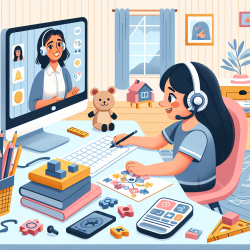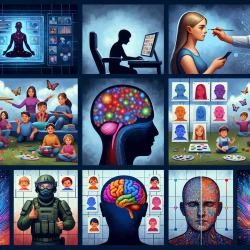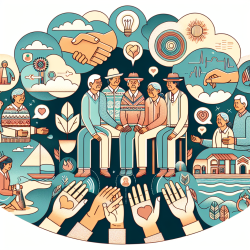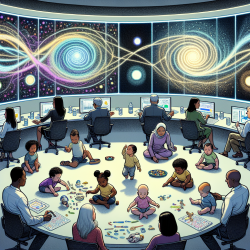In the realm of adolescent health and violence prevention, the recent study titled Culture Circles in Adolescent Empowerment for the Prevention of Violence offers compelling insights. This research, published in the International Journal of Adolescence and Youth, demonstrates how Paulo Freire's Culture Circles can be employed as a powerful educational intervention to empower adolescents and prevent violence.
Culture Circles, a method derived from Freire's critical pedagogical theory, emphasize dialogue, autonomy, and the transformation of social relations. This study involved 11 adolescents in a Brazilian public school, utilizing participatory action research to collectively construct knowledge about violence prevention strategies.
The research findings underscore the effectiveness of Culture Circles in fostering critical socio-political and cultural awareness among adolescents. By engaging in problem-solving discussions and creative activities, the participants were able to identify and address various forms of violence, including social exclusion, discrimination, and lack of access to resources.
Key outcomes from the study include:
- Enhanced critical awareness: Adolescents developed a deeper understanding of the socio-political factors contributing to violence.
- Empowerment: Participants felt more capable of advocating for their rights and promoting a culture of peace.
- Social support networks: The intervention facilitated the creation of support networks involving schools, families, and community organizations.
For practitioners, incorporating Culture Circles into their work can be a transformative approach to adolescent health education. Here are some practical steps to implement this method:
- Facilitate open dialogue: Create a safe space where adolescents can freely discuss their experiences and perspectives on violence.
- Encourage critical thinking: Use problem-posing questions to stimulate reflection and discussion about the root causes of violence.
- Promote creative expression: Incorporate activities such as drawing, music, and role-playing to help adolescents articulate their ideas and solutions.
- Build partnerships: Engage with families, schools, and community organizations to create a supportive network for adolescents.
By adopting these strategies, practitioners can empower adolescents to become active agents of change in their communities, fostering a culture of peace and resilience.
To read the original research paper, please follow this link: Culture Circles in adolescent empowerment for the prevention of violence.










